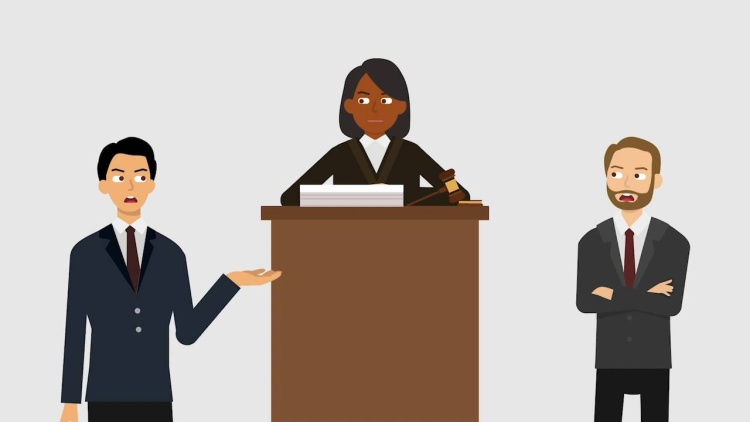Massachusetts v. Environmental Protection Agency
United States Supreme Court
549 U.S. 497 (2007)
- Written by Susie Cowen, JD
Facts
After the Environmental Protection Agency (EPA) (defendant) declined several private petitions to issue regulations governing greenhouse-gas emissions from new automobiles, a group of states, including Massachusetts (plaintiffs) brought suit against the EPA seeking declaratory relief on the issue of whether the EPA had the statutory authority to regulate greenhouse-gas emissions under the Clean Air Act and, if so, whether its stated reasons for refusing to do so were consistent with the Clean Air Act. Massachusetts alleged, among other things, that the EPA’s failure to regulate these emissions would ultimately result in loss of its coastal lands due to increased global warming from the emissions. The EPA claimed that the Clean Air Act did not authorize the agency to issue regulations to address global climate change and, moreover, that Congress had not yet finished investigating the scientific merits of climate change. The EPA further argued that it was not wise to regulate such emissions at that time. The United States Court of Appeals for the District of Columbia Circuit agreed and held in favor of the EPA. An appeal followed. The US Supreme Court granted certiorari to review.
Rule of Law
Issue
Holding and Reasoning (Stevens, J.)
Dissent (Roberts, C.J.)
Dissent (Scalia, J.)
What to do next…
Here's why 910,000 law students have relied on our case briefs:
- Written by law professors and practitioners, not other law students. 47,100 briefs, keyed to 997 casebooks. Top-notch customer support.
- The right amount of information, includes the facts, issues, rule of law, holding and reasoning, and any concurrences and dissents.
- Access in your classes, works on your mobile and tablet. Massive library of related video lessons and high quality multiple-choice questions.
- Easy to use, uniform format for every case brief. Written in plain English, not in legalese. Our briefs summarize and simplify; they don’t just repeat the court’s language.





